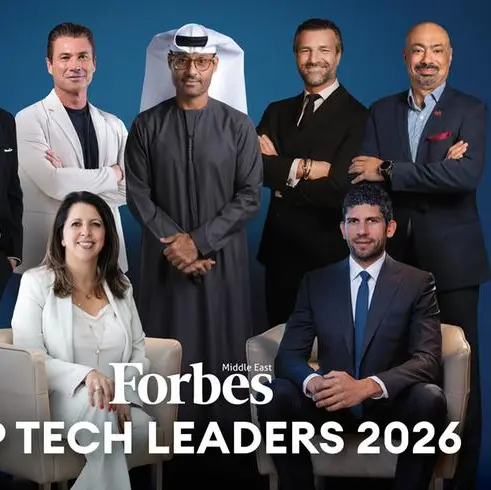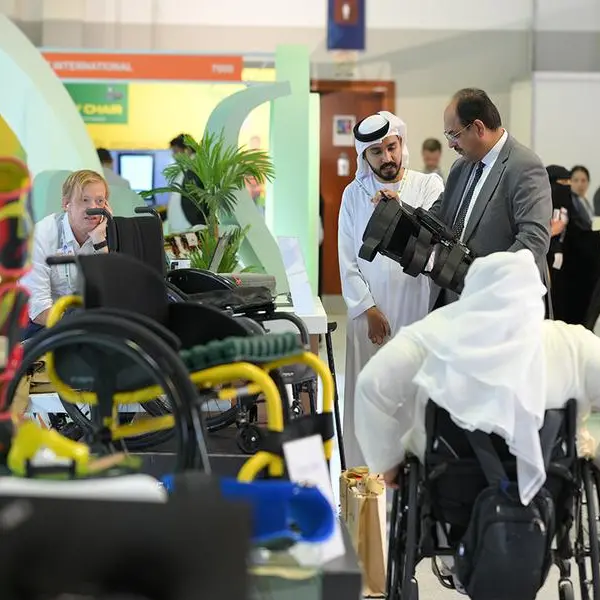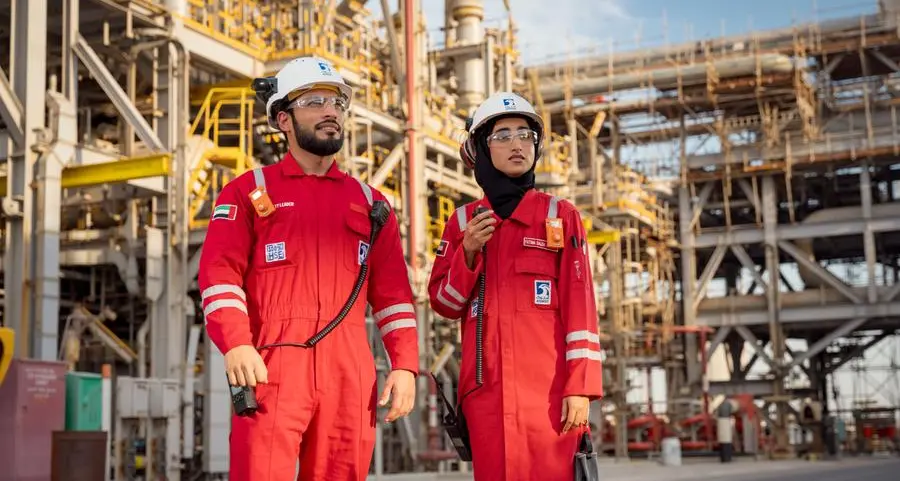Twelve hospitals in the UAE were involved in a new global study that has revealed surgical patients who have recently had COVID-19 are more likely to develop potentially fatal post-operative blood clots.
Researchers discovered that patients diagnosed with current or previous SARS-CoV-2 are more likely to develop postoperative venous thromboembolism (VTE) than those with no history of COVID-19 infection. VTE has been described as the number one preventable cause of death in hospitalised patients.
“The findings of this new global study, in which the GCC region has played a key role, will help us to understand the impact of COVID-19 and arm us in our collective fight against the pandemic,” said Hayder Saleh Abdulhadi Alsaadi, Adjunctive Clinical Associated Professor at Dubai Medical University and Consultant Orthopaedic, Trauma Surgeon at Rashid Hospital in Dubai.
“As one of the countries spearheading the global efforts against COVID-19, whether through vaccine distribution or mask production, we are proud to be playing a central part in clinical research. We hope these new findings will strengthen our collective resolve and contribute to the global mission.”
In the study, which involved data from 26 hospitals in Saudi Arabia, four in Bahrain, seven in Kuwait, three in Qatar and two in Oman, VTE was independently associated with 30-day mortality with five times increased risk of death within 30 days after surgery in patients who develop VTEs.
Patients hospitalised with COVID-19 have previously been shown to have a high risk of VTE - between 9% and 26% despite the use of preventative drugs, and as high as 31% in patients within critical care settings. This study confirms an increased risk in patients hospitalised for surgery also.
Led by experts at the University of Birmingham, surgeons and anaesthetists from around the world worked together as part of the NIHR-funded COVIDSurg Collaborative to analyse data from 128,013 patients in 1,630 hospitals across 115 countries. The team published its findings in Anaesthesia.
The research team is calling for surgeons around the world to be on the lookout for VTE - following routine measures to help prevent the condition occurring, such as using appropriate drugs when bleeding risk is minimal and lowering the threshold for diagnostic testing in patients presenting with signs of VTE.
Routine postoperative care of surgical patients should include interventions to reduce VTE risk in general, and further research is needed to define the optimal protocols for VTE prevention and treatment for surgical patients in the setting of SARS-CoV-2 infection.
The 12 UAE hospitals involved in the study were: Mediclinic Alnour Hospital and Sheikh Shakhbout Medical City in Abu Dhabi; Al Jalila Children’s Speciality Hospital, Burjeel Hospital for Advanced Surgery, Dubai Hospital, Latifa Women and Children Hospital, Medcare Orthopaedic and Spine, Mediclinic City Hospital Dubai, Mediclinic Parkview Hospital, Mediclinic, Wellcare Hospital, Neurospinal Hospital and Rashid Hospital in Dubai; and Al-Qassimi Hospital in Sharjah.
Co-author Elizabeth Li, clinical research fellow at the University of Birmingham, commented: “People undergoing surgery are already at higher risk of VTE than the general public, but we discovered that a current or recent SARS-CoV-2 infection was associated with greater risk of postoperative VTE.
“Most surgical patients have risk factors for VTE, including immobility, surgical wounds and systematic inflammation; the addition of SARS-CoV-2 infection may further increase this risk.”
Unlike medical patients, those people having surgery undergo an operative procedure artificially producing a wound that increases the risk of bleeding and initiates a series of inflammatory responses known to alter haemodynamics and coagulation.
Co-author Mr. Aneel Bhangu, from the University of Birmingham, commented: “The impact of surgery on coagulation and early reports of increased risk of VTE in COVID-19 patients means there is a need to define VTE risk specifically in patients undergoing surgery. This will help clinicians and policymakers around the world construct future systems of identifying and minimising VTE risk in surgical patients with active or prior SARS-CoV-2 infection.
“Routine postoperative care of surgical patients should include interventions to reduce VTE risk in general, but further research is needed to define the best protocols for VTE prevention and treatment in this setting.”
Researchers examined data from adult patients, aged 18 and over, undergoing elective or emergency surgery from any specialty.
They defined four categories of patient: no SARS-CoV-2; peri-operative SARS-CoV-2 (diagnosed seven days before to 30 days after surgery); recent SARS-CoV-2 (diagnosed 1–6 weeks before surgery); or previous SARS-CoV-2 (diagnosed seven weeks or longer before surgery). VTE was defined as either deep vein thrombosis (DVT) or pulmonary embolism (PE).
A positive SARS‐CoV‐2 diagnosis was based on a patient having one or more of the following: a positive PCR test; a positive rapid antigen test; CT scan indicating infection; positive immunoglobulin G or immunoglobulin M antibody test; or clinical diagnosis where no swab test or CT scan were available.
© Press Release 2021
Disclaimer: The contents of this press release was provided from an external third party provider. This website is not responsible for, and does not control, such external content. This content is provided on an “as is” and “as available” basis and has not been edited in any way. Neither this website nor our affiliates guarantee the accuracy of or endorse the views or opinions expressed in this press release.
The press release is provided for informational purposes only. The content does not provide tax, legal or investment advice or opinion regarding the suitability, value or profitability of any particular security, portfolio or investment strategy. Neither this website nor our affiliates shall be liable for any errors or inaccuracies in the content, or for any actions taken by you in reliance thereon. You expressly agree that your use of the information within this article is at your sole risk.
To the fullest extent permitted by applicable law, this website, its parent company, its subsidiaries, its affiliates and the respective shareholders, directors, officers, employees, agents, advertisers, content providers and licensors will not be liable (jointly or severally) to you for any direct, indirect, consequential, special, incidental, punitive or exemplary damages, including without limitation, lost profits, lost savings and lost revenues, whether in negligence, tort, contract or any other theory of liability, even if the parties have been advised of the possibility or could have foreseen any such damages.



















